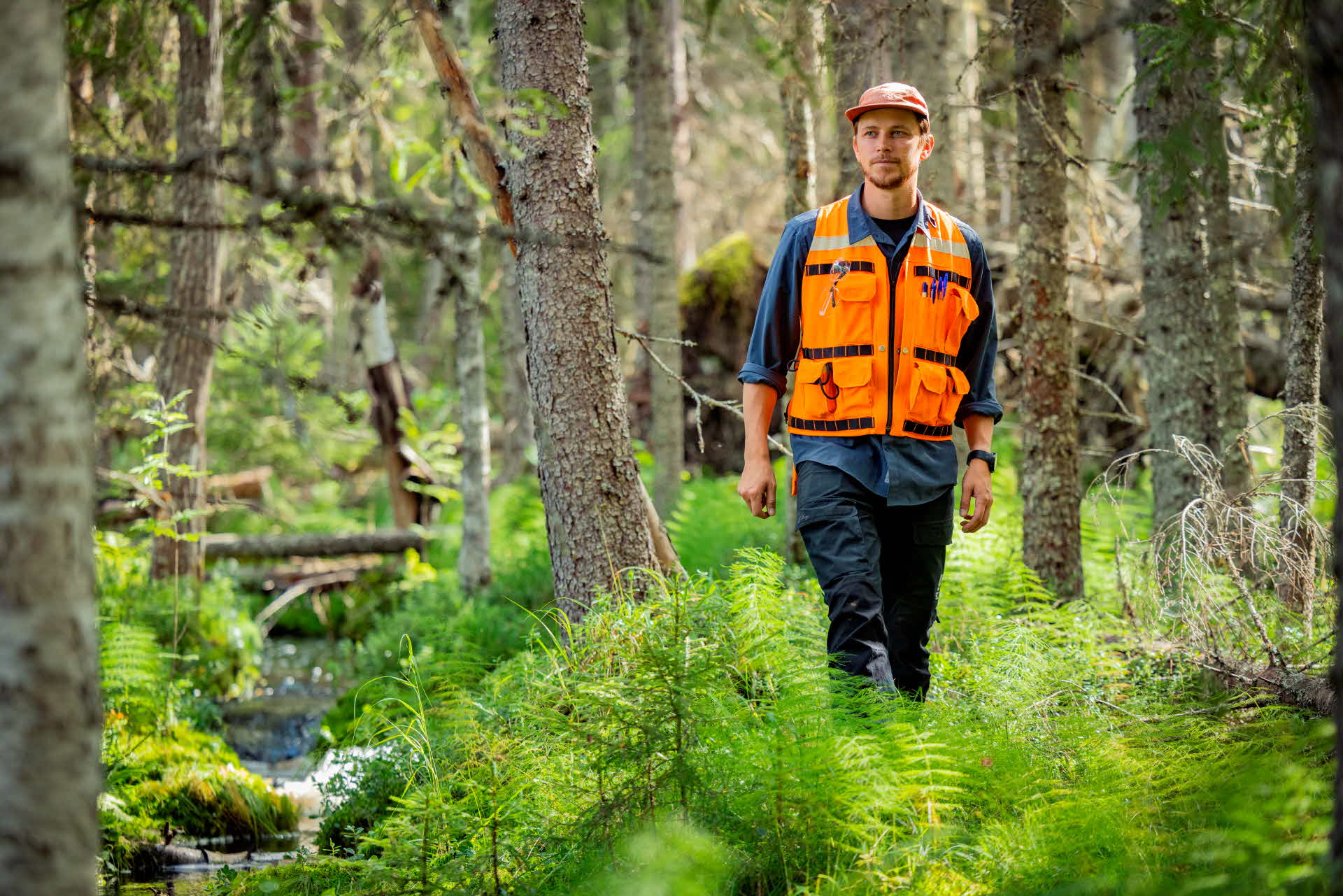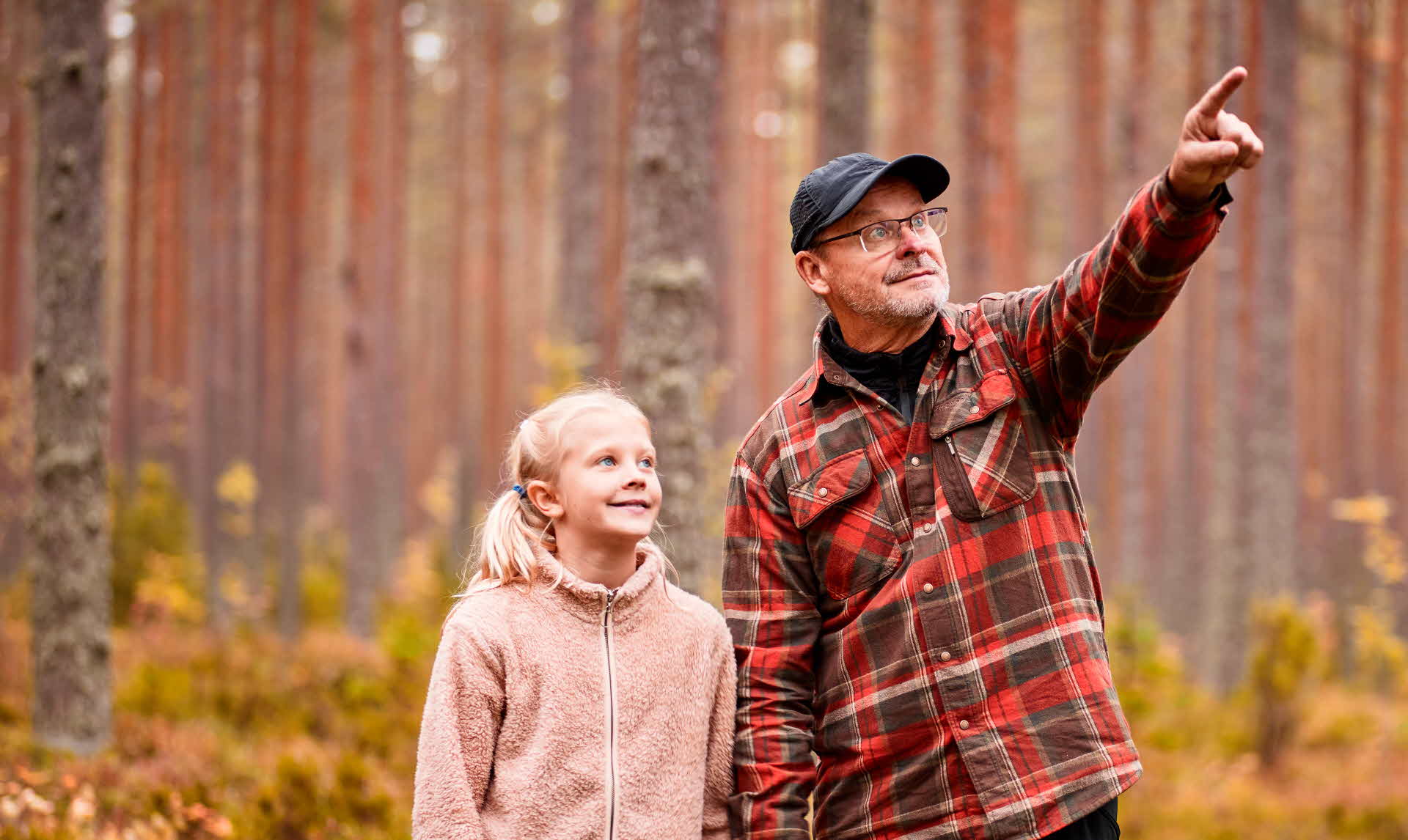
- SUSTAINABILITY
- OUR SUSTAINABILITY PLATFORM
- SUSTAINABLE DEVELOPMENT
- UN SUSTAINABLE DEVELOPMENT GOALS
UN Sustainable Development Goals
The Sustainable Development Goals (SDG) form an ambitious agenda adopted by world leaders in 2015. The goals aim to secure freedom, prosperity and the environment for future generations. SCA makes a direct or indirect contribution to all 17 goals.
The SDGs and the 2030 Agenda are an action plan agreed by countries around the world. This is the most ambitious agreement for sustainable development ever adopted by world leaders. The Agenda includes 17 global goals that are to be achieved by 2030. The term sustainable development includes the three dimensions of sustainability: social, economic and environmental.
The SDGs are used as a framework for national plans, international commitments and in the private sector. Due to SCA’s sustainability strategy, we contribute to all of the goals.
Goal 1 and 2
Requirement that suppliers comply with SCA’s Supplier Standard (for example minimum wages). Risk-based audits performed on-site. Indirect impact. Requirement that suppliers comply with SCA’s Supplier Standard. Audits performed on-site. Indirect impact.
Goal 3 and 5
SCA’s forests offer nature experiences, which contribute to better health. ZERO program for an accident-free and healthy SCA. Random drug tests. Work to increase diversity and an inclusive company culture through a wider recruitment base and a living Code of Conduct. Targeted initiative to increase the proportion of women among summer workers.
Goal 4 and 8
Participation in external training programs, work experience for young people through work placements and vacation work. Upskilling using the 70-20-10 model. Good working conditions and excellent possibilities for skills develop- ment for SCA’s employees. Requirement to comply with SCA’s Supplier Standard. SCA’s strategy for profitable growth. Cooperation with tourism businesses.
Goal 6 and 14
SCA’s units use almost only surface water as their freshwater supply. Effective control and programs to reduce process emissions to water. Recreating wetlands. Environmental considerations in connection with final felling. Systematic work to minimize emissions to water and marine environments. Fiber-based packaging replaces plastic and reduces contamination of the seas.
Goal 7 and 9
Renewable energy is produced in large quantities from residual products, which makes SCA’s processes almost fossil-free. Any surplus is sold as biofuel and district heating. Green electricity is produced from pulp mills and is made possible by wind power on SCA’s forest land. Innovation regarding bio-refineries. Continuous improvements to increase resource efficiency through various programs, for example ESAVE, POEx and TIPS. Innovation to launch renewable products. Investment in forest roads.
Goal 10 and 11
Job opportunities, the procurement of services and the sponsorship of local associations to support meaningful leisure activities all contribute to sustainable local communities. Dialogue and influence through SCA's Supplier Standard. Long-term economically viable operations, jobs and business opportunities for contractors and suppliers. Cooperation and partnership for regional development. Wood as construction material. SCA’s conservation parks.
Goal 12 and 13
Renewable products that contribute toward a circular society and reduce fossil dependency. Minimize own waste and work with chemical substitution. Sustainable harvesting levels in the company’s forests. Climate benefit from growing forests that capture and bind CO², fossil-free production and substitution of fossil-based materials. Efficiency enhancements and adaptation further reduce the climate impact.
Goal 15
SCA has embarked on an initiative aiming to improve precision in biodiversity conservation. Responsible and active forestry management taking into account nature conservation in every measure. FSC and PEFC-certification. Encourage external suppliers to take greater consideration for nature conservation (SCA level). Targeted initiatives to promote biodiversity.
Goal 16 and 17
A living Code of Conduct across the organization. SCA’s Supplier Standard Evaluation of countries with regard to human rights and business ethics. Clear rejection of corruption. Participation at national and international level to develop environmentally certified forest operations. Partnership with other companies and stakeholders to increase circularity. Member of the UN Global Compact.


